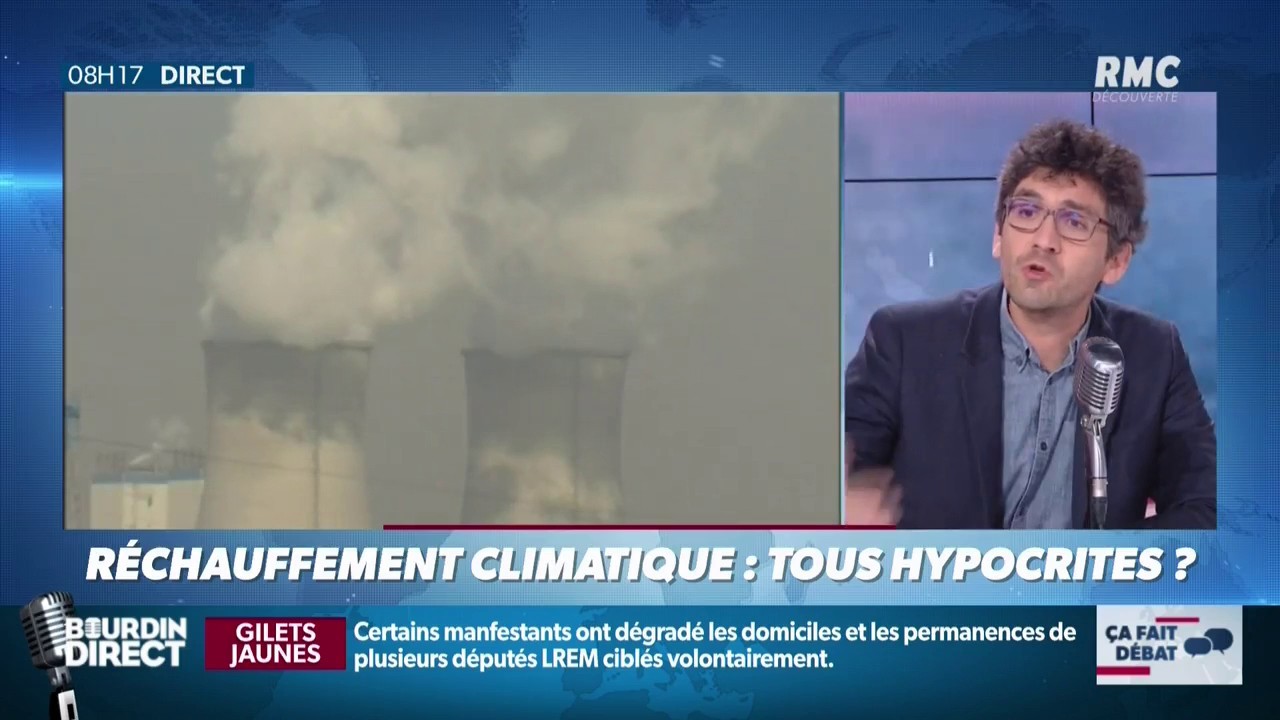IDDRI played a significant role in the runup to the Paris Agreement, proposing analyses and convening informal dialogues on the key elements of the future agreement, especially on the issue of climate ambition. IDDRI’s involvement continued with the production of analyses on the ambition mechanism included in the agreement, which combines regular revisions of national contributions, longterm strategies to inform the coherence of these contributions and review meetings every five years.
The Institute was also a driving force in the production of scientific studies to support these elements. Ahead of COP21, the Deep Decarbonization Pathways Project (DDPP) showed that it was possible, in 16 of the major greenhouse gas emitting countries, to achieve deep decarbonisation of the energy sector, a key condition for meeting ambitious climate objectives. Moreover, this decarbonisation could be compatible with development objectives as specifically defined by each country.
Since COP21, IDDRI has continued to consolidate these analyses, extending them to other geographical contexts (the network now includes institutes in 40 countries) and looking closely at other key sectors (especially transport).
The Paris Agreement sets the goal of keeping the increase in global average temperature to well below 2°C above pre-industrial levels and pursuing efforts to limit the temperature increase to 1.5°C. But when this agreement was signed, little sound knowledge was available on the specificities of a +1.5°C world, especially in relation to a +2°C world. The countries therefore asked the Intergovernmental Panel on Climate Change (IPCC), the world’s reference authority on climate research, to produce a special report on global warming of +1.5°C, which summarises the scientific literature on this emerging subject for policymakers.
After two years of work mobilising around 100 authors and analysing more than 6 000 scientific studies, this report was published on 8 October 2018. Its findings give very clear indications for the structuring of climate discussions in the next few years. The report shows that:
- any marginal increase in temperature causes a significant increase in impacts on ecosystems and populations;
- current commitments are largely insufficient to meet the objectives of the Paris Agreement;
- meeting these objectives requires immediate, radical changes in all systems and sectors;
- these changes can be compatible with sustainable development objectives if actions are launched immediately, in a cooperative manner, and if the planning of these actions takes account of synergies between climate objectives and development objectives.

IDDRI was directly involved in the preparation of the IPCC report, with the participation of Henri Waisman as Coordinating Lead Author of Chapter 5 on Sustainable Development, Poverty Eradication and Reducing Inequalities.
IDDRI also contributed to the broad dissemination of messages from the report, through media channels and at events. This study informs the discussion on the relevance of carbon neutrality in the public debate.


